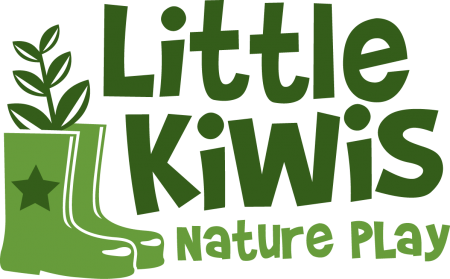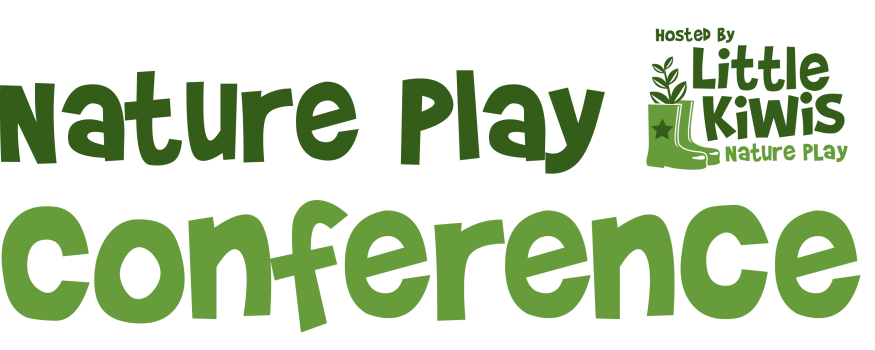
Keynote Speakers
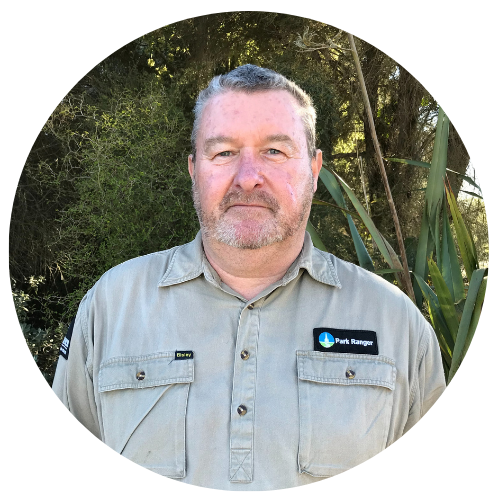
Warren Hunt: Forest Ranger & Lifelong Learner
Warren has been learning, educating, discovering, inspiring and delivering outdoor nature activities for over 30 years. As a Park Ranger with Christchurch City Council he is extremely proud and passionate about his role to deliver fun, hands-on activities for children and adults alike. Whether its formal programme delivery, or informal fun with mud play, negotiating Fairy Village relocations, or wrangling Gruffalo, Warren is keen to be involved. He brings a wealth of knowledge and experience and his sense of humour and enthusiasm is infectious!
KEYNOTE: Connect with your inner child to connect kids with nature.
Sometimes as adults and as educators with lesson plans and targets to meet, it’s easy to forget we were kids once too. By changing your mind-set and keeping your inner child alive you can create learning experiences that last.
Warren will lead you through his playful approach to education, weaving facts with fun and telling stories not lectures, and not taking himself – or others – too seriously. Explore the world with all of its possibilities and experience the simple joy and child-like wonder of learning again.

Julie Frew: Occupational Therapist, Kaiwhakaora Ngangahau
Julie Frew is a registered occupational therapist, bringing 14+ years of specialised experience alongside children and their families, supporting their sense of self, and their meaningful relationships with others and the world around them. She has completed post-graduate study in using sensory processing principles with diverse populations and additional training(s) in the use of psycho-sensory intervention, attachment and trauma-informed care. Julie draws heavily on the restorative power of music and a deep connection to the natural world in her work.
In occupational therapy we see ‘doing’, ‘being’, ‘becoming’ and ‘belonging’ as central to human health and wellbeing; integrating our body, feeling and thinking life, having agency, and developing in the context of relationships. Julie’s holistic work has a sound underpinning in neuroscience, drawing on the Neurosequential model, Polyvagal theory, and linking this with the day to day activity people find meaning in. Julie practises her sensory processing and trauma-responsive work within a Neurodiversity paradigm.
KEYNOTE: All Behaviour is Communication. What’s beneath behaviour and how do we effectively support children?
Understanding there is always a story behind behaviour allows us to meet challenging moments with curiosity and compassion – for ourselves, the caregivers we encounter, and importantly the children in our care.
A deeper understanding of how our nervous systems adapt to keep us safe, in the best way they know how, allows us to see how this influences behaviour and invites us to offer support that recognises the nuance and complexity of why a child does what they do.
What we see on the surface can prompt us to consider how someone processes information from inside their bodies, the world around them, and within relationships. Experiences shape and are shaped by these neurobiological processes, as our ways of relating and being in the world unfold within the context of relationship.
Participants will learn: • how to intentionally bring curiosity and compassion in their approach to behaviour, deepening their capacity for co-regulation and healthy, respectful interactions • how to apply a basic understanding of nervous system function to support different nervous system states • what to pay attention to and a brief overview of some key underlying reasons for complex behaviour • how to consider sensory processing to meet a range of needs.

Sarah Goldberg: Mindful Nature Connection Guide
Sarah is originally from the US where she raised a family and worked in office environments until she felt the call to return to nature. The call was so strong she left her career, put everything in storage and followed her heart to New Zealand. At the age of 40 she learned how to tent camp and solo tramp, practice wellbeing through meditation, yoga, and mindful nature connection. She completed several mindfulness trainings and also became a certified ‘Nature Therapy Guide’ through the Association of Nature and Forest Therapy, based out of California.
Sarah draws from study in environmental science, biology, developmental psychology, contemplative & Earth wisdom. Through study and experience, she seeks insight and understanding on living in reciprocity and care with nature, self and community. Sarah is currently completing a graduate diploma in Sustainability & Outdoor Education at Ara. She is particularly interested in how transformational psychology, mindfulness and nature connection may support both human and environmental wellbeing as the impacts of our changing climate unfold. Sarah is active in conservation and believes that when we are caring for nature, we are caring for ourselves and when we are caring for ourselves, we are caring for nature.
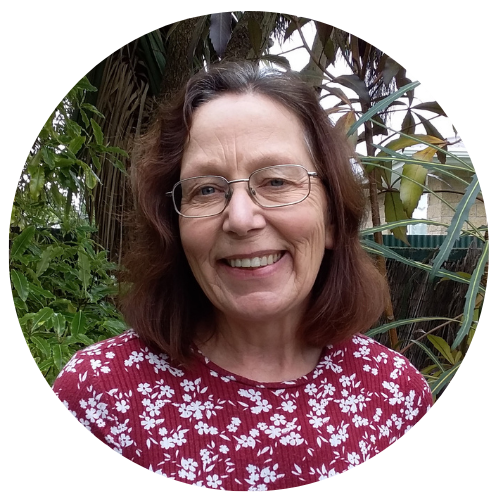
Tanya Jenkins, Avon-Heathcote Estuary Ihutai Trust Manager
Tanya is a founder member of the Estuary Trust which became a charitable Trust in 2012. This group was formed to ‘represent’ the estuary ecology. To be the voice of the water and all that lives in and on it.
Since 2012 the Trust has organised numerous event and campaigns to raise the awareness of the values of the estuary and promotes ways to protect it and where possible enhance it. This includes the restoration of 5 wetland areas adjacent to the estuary where volunteers meet regularly to plant, weed, prune and water to create more nature space for insect, reptiles and birds.
One of the key events is the annual “Mother of all Clean Ups” where thousands of volunteers collect litter from the estuary edge as well as the banks of the Avon and the Heathcote rivers. Schools, sports and recreation groups as well as residents association, Lions and Rotary groups etc can register to ‘adopt’ a stretch of nearly water way for which they are responsible to keep litter free. The presentation will focus on the success of this event and invites participation for future years.
KEYNOTE: A Litter Free Christchurch Through Community Participation
The presentation will cover the effects of litter on our natural environment, what kind of litter we find entering our waterways, how it enters our waterways and how we can get together through actions to make Christchurch a litter free city. The audience will become inspired and stimulated to investigate what we can do as individuals and groups to make this vision a reality.
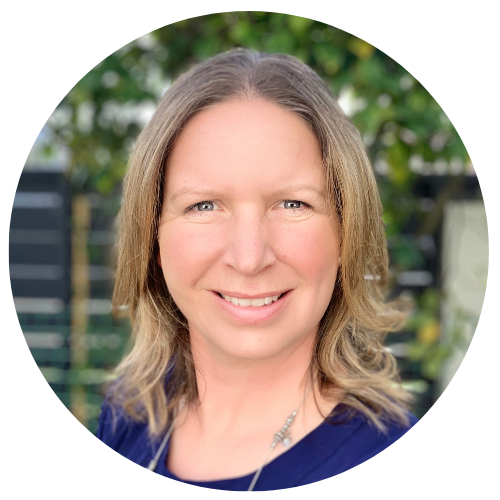
Celia Hogan: Nature Education Specialist + Founder and Lead Educator at Little Kiwis Nature Play
As a facilitator of outdoor and nature-based learning, Celia inspires ECE and primary teachers to look beyond the day-to-day challenges and find outdoor learning opportunities where kids can blossom. She is passionate about connecting children to nature and is a strong advocate for nature play, risky play, building resilience, and improving mental health and well-being through nature.
For the past 20 years she has worked for a variety of outdoor education organisations internationally, setting up, developing and running outdoor programmes, wilderness expeditions, leadership development programmes and establishing risk management and safety systems. Celia manages to juggle professional development training, speaking engagements, running her Bush Kindy sessions for pre-schoolers and their whanau, and taking her own kids on mini adventures in nature.
KEYNOTE: The Risk of Riskless Play
In early childhood education, risky play is a pedagogical tool that helps stimulate many aspects of a child’s development. Risky play is not just about the physical development it is about building self-confidence, problem solving, socio-emotional development and resilience. These skills are transferable to other areas of our lives, they help us to cope when faced with challenging situations and equally help us to understand ourselves and how to navigate this world.
The role of the educator is critical to allowing risky play to happen in healthy and authentic ways yet so many adults are hesitant when children take risks and they put roadblocks in the way, or, project their own fears onto the children they work with. Children have been taking risks since the day they were born and taught themselves many things. If we truly see children as capable and competent then we need to let them play in the ways, they developmentally need to.
